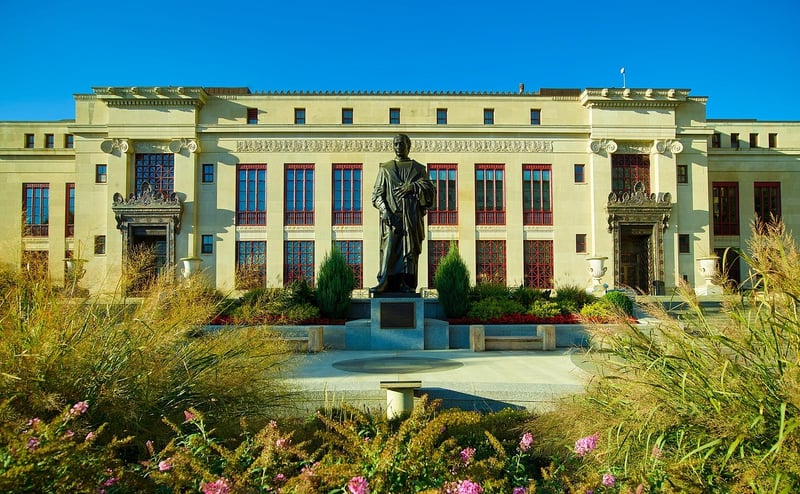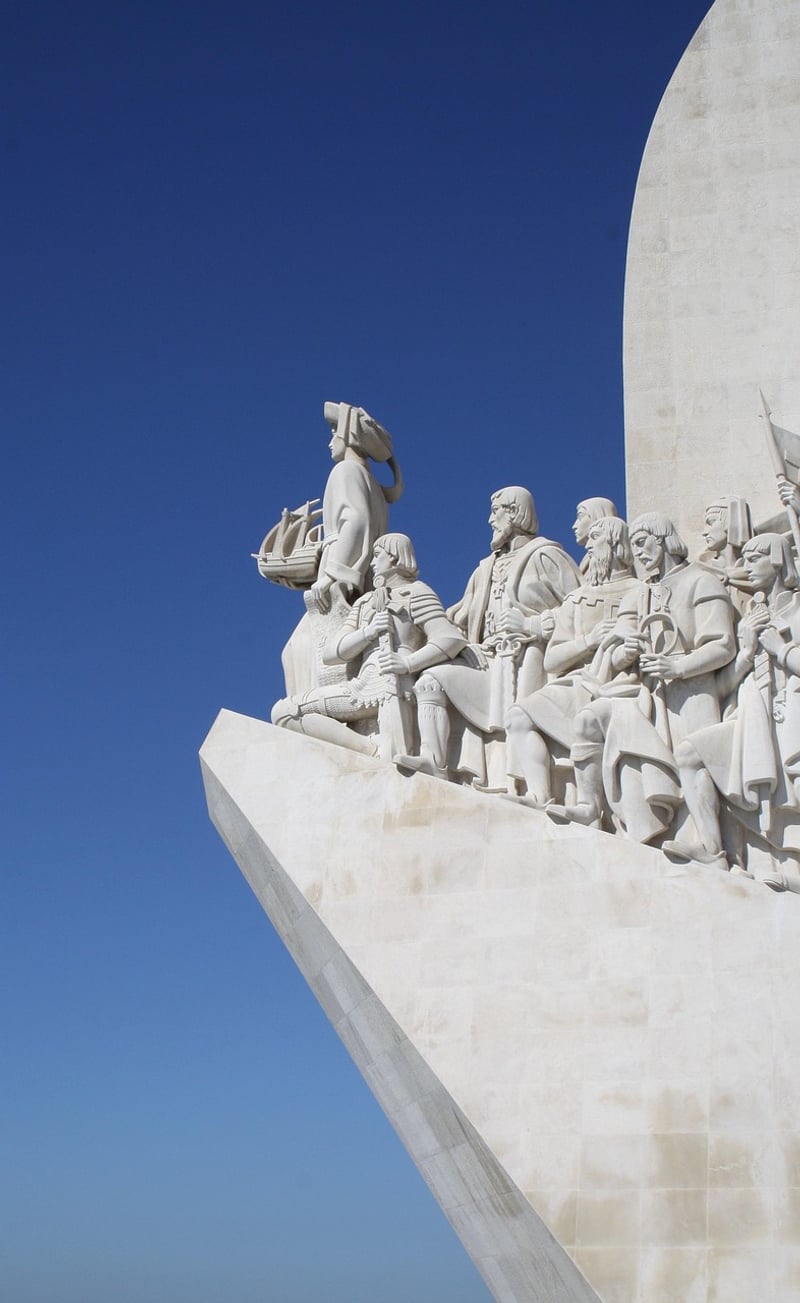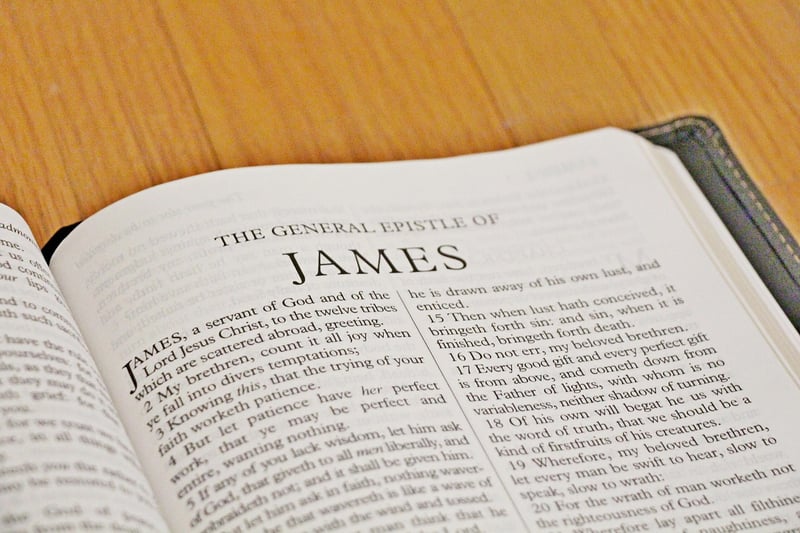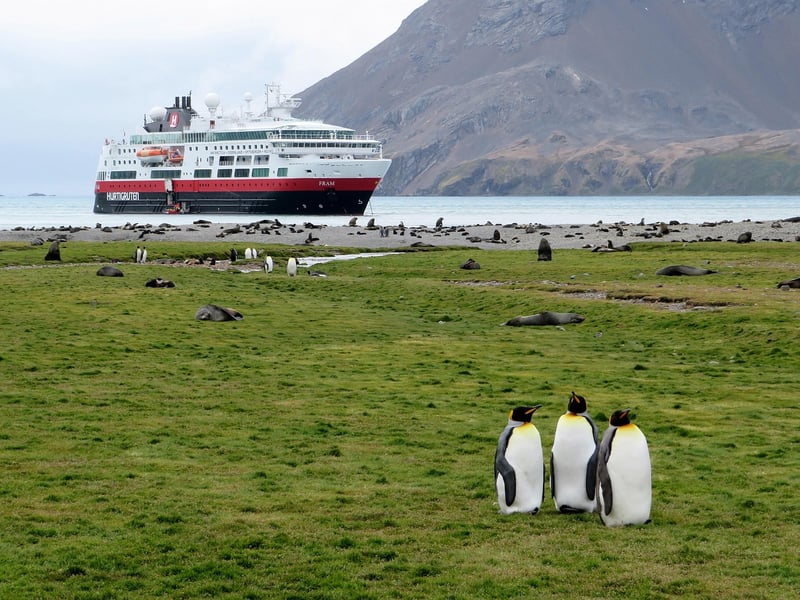Colonial Expeditions
Exploring the Past: Colonial Expeditions
Colonial expeditions were pivotal journeys that shaped the course of history, enabling nations to expand their territories, discover new lands, and establish colonies. These expeditions were often filled with adventure, challenges, and significant historical implications.
The Age of Exploration
During the Age of Exploration in the 15th to 17th centuries, European powers like Spain, Portugal, England, France, and the Netherlands embarked on voyages to distant lands in search of new trade routes, resources, and wealth. These expeditions led to the establishment of colonies in the Americas, Africa, Asia, and Oceania.
Famous Colonial Explorers
- Christopher Columbus: Known for his transatlantic voyage in 1492, Columbus reached the Americas, opening the door to European colonization.
- Vasco da Gama: The Portuguese explorer who discovered a sea route to India, establishing lucrative trade connections.
- Captain James Cook: Noted for his exploration of the Pacific Ocean and discovery of Hawaii, New Zealand, and Australia.
Impact of Colonial Expeditions
The colonial expeditions had far-reaching consequences, including the exchange of goods, culture, and diseases between continents, the exploitation of indigenous populations, and the establishment of colonial systems that shaped global politics and economies for centuries.
Legacy of Exploration
Today, the legacy of colonial expeditions is a complex topic, sparking debates on imperialism, cultural heritage, and the effects of colonization on indigenous peoples. Understanding these historical journeys is essential to grasp the interconnectedness of our world and the lasting impact of past exploration.



Embark on a journey through history by exploring the fascinating world of colonial expeditions and the brave explorers who shaped our modern world.
